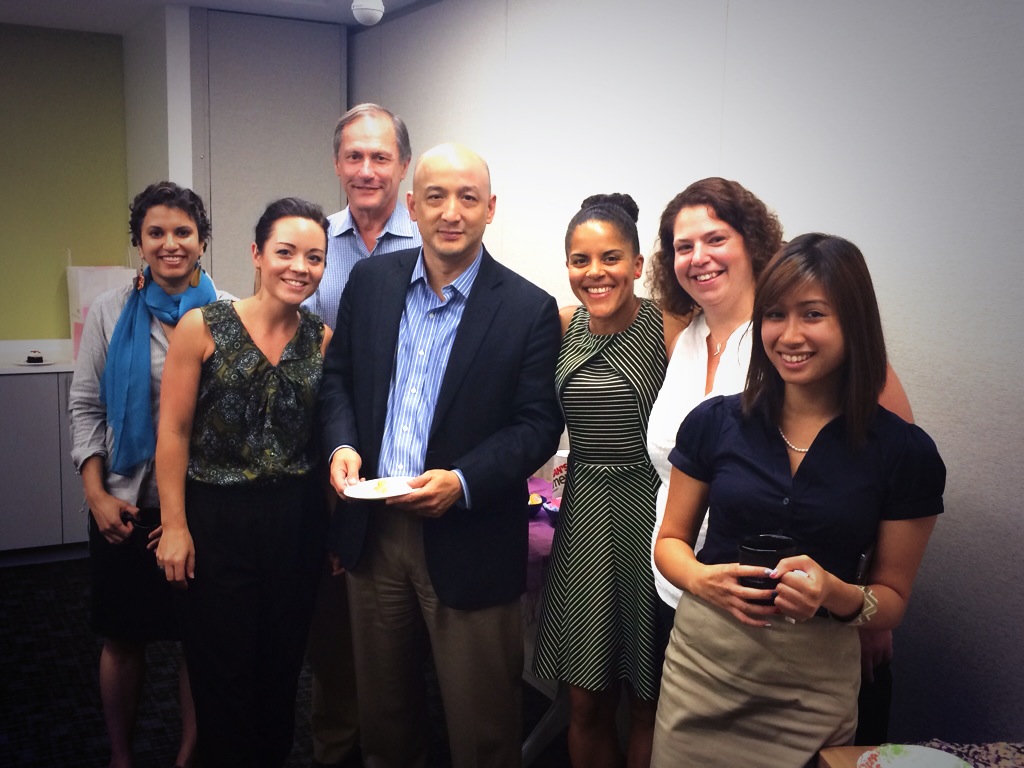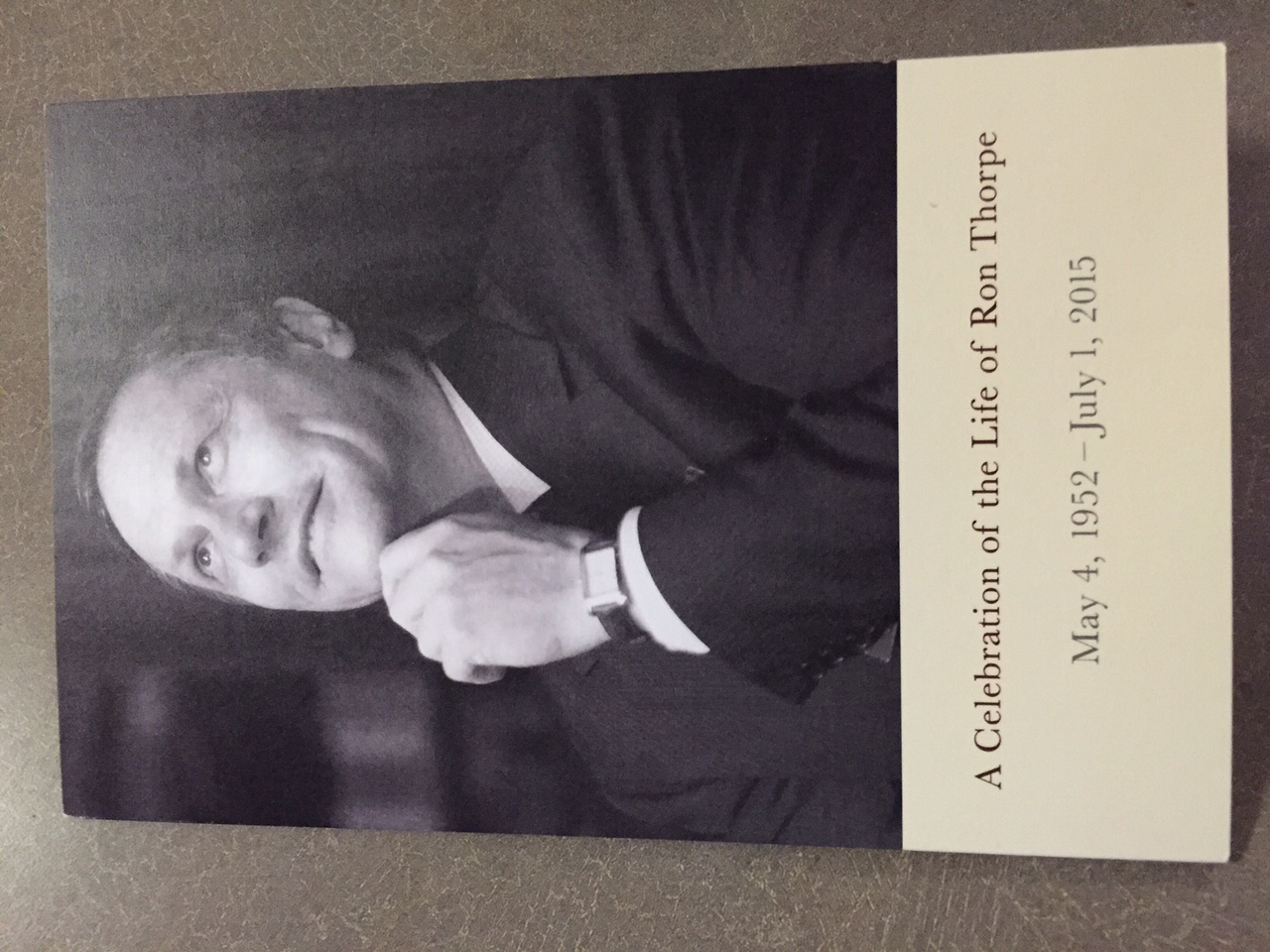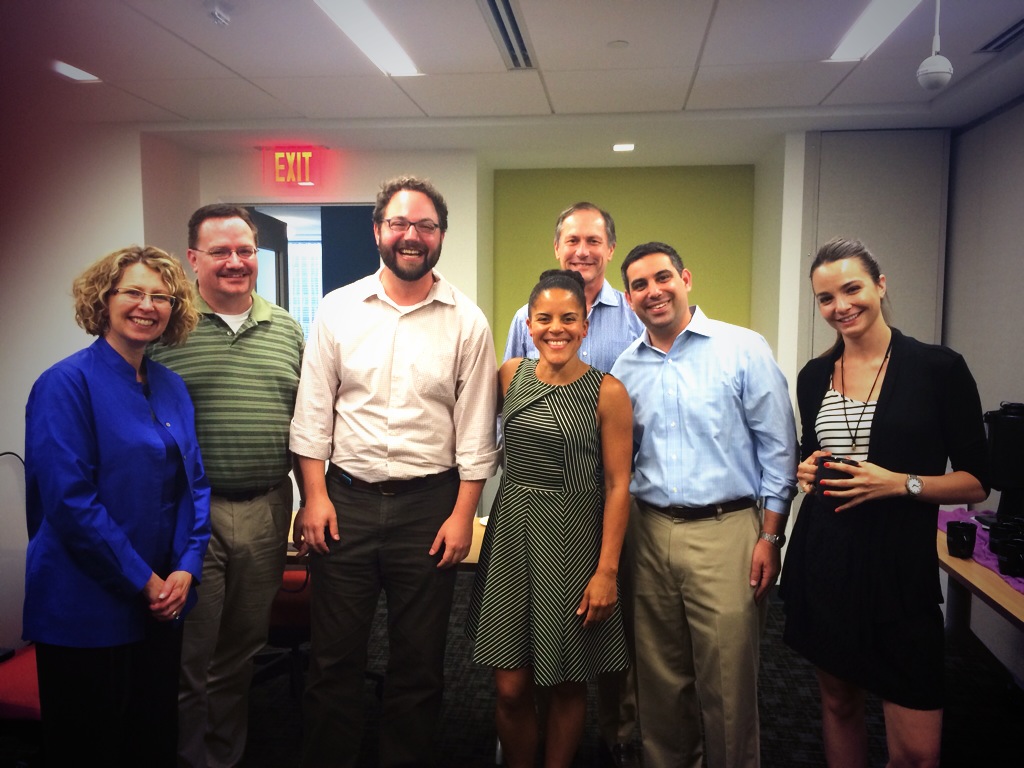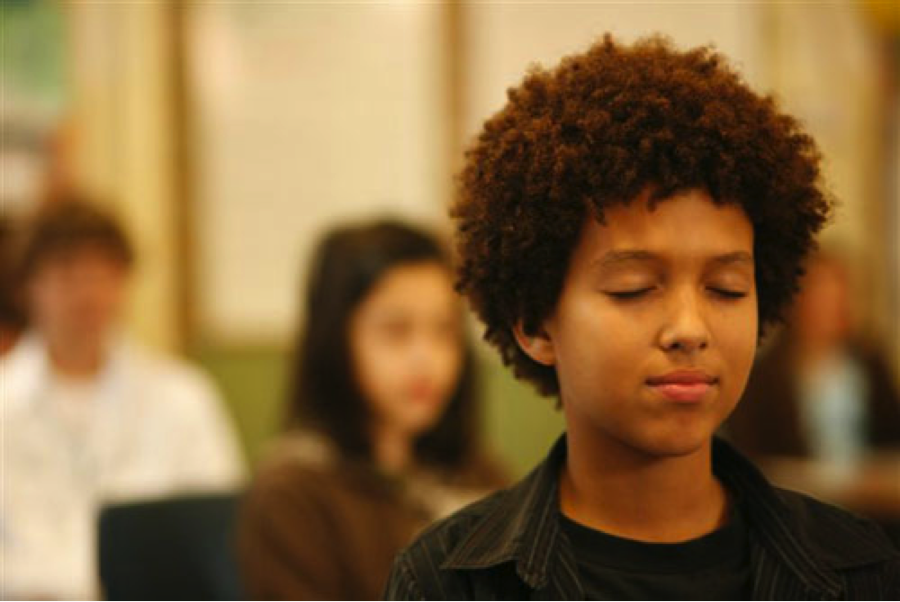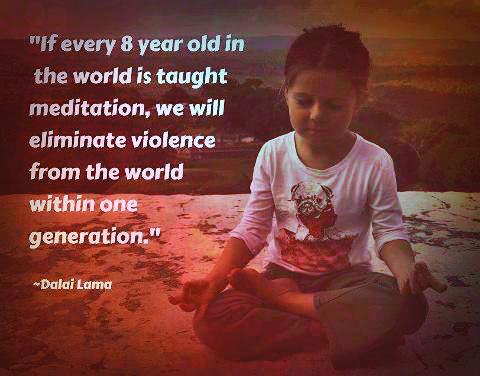I finished what felt like my first year of teaching today. It was actually year eleven but after working in the education policy world – outside of the classroom - for the last three years, this year felt very much like year one. It was my hardest teaching year yet and one of my most rewarding. I learned - and re-learned - many valuable lessons along the way but for the sake of brevity and to have some fun with numbers I’ll highlight eleven of them below.
1. Race and ethnicity matter. When writing about his most memorable teacher, one of my students whose parents are from Ghana said that one reason his 2nd grade teacher was important to him was because she “respected my ethnicity.” Let’s be real. Our kids know and see race and ethnicity. If we as educators don’t create a space to acknowledge, embrace, and celebrate all of who they are everyone misses out.
2. Relationships are key. If I may say so myself, I usually do a phenomenal job of building relationships with my students and their families. For some reason that didn’t happen this year and we all felt the effects. I think I was so overwhelmed with learning how to teach again that I forgot to take steps to create the foundation of good teaching – building strong bonds with my students so they feel safe to take risks and learn. I’ve already got plans in place for next year to create those connections between my students, their families, and me.
3. Trust yourself. When I’m new to a community I often step back and observe what’s happening to learn the norms and expectations. While this is important, it’s just as important to add your expertise to the mix. It doesn’t have to be in a showy way but in a way that is authentic and true to you. I second-guessed myself a lot this year and it hurt my students and their learning. We all have strategies and practices that we know work for kids. Don’t leave those by the wayside while you’re trying to learn about your new community. Respectfully incorporate them so that everyone benefits.
4. Poverty matters. Don’t let anyone tell you any different. I teach in one of the poorest congressional districts in the nation. Many of our families survive on less than $15,000 a year. Yes. $15,000 a year for a family living in New York City. Some of my students have rats in their apartments and others walk past dead cats and heaps of trash on their way to school. All of these – and the other countless negative effects of living in poverty – impact my students’ ability to learn. We have to acknowledge that. In no way does it mean that they are incapable of learning but we can’t pretend that their financial struggles don’t impact them as learners. As educators we need to help students find the language and the skill set to articulate and change the narrative. This year my students wrote and received a $2,200 grant to reduce the amount of trash and rats in our community. Through this process we’ll acknowledge the impact of poverty and collaborate as scholar activists to create change.
5. Share your passions. Our kids want to know who we are. Anyone who knows me can tell you that I am constant learner who is always trying something new. Whether it’s taking guitar classes, learning how to quilt, developing my skills in capoeira, or growing a mediation practice I love to learn. Good things happen whenever I share my passions and experiences with students. Sharing the lessons I learned as a new capoeira student generated an interest in capoeira and a connection between me and my students. They loved learning that I got kicked in the head when I didn’t esquiva in the roda. (Of course they asked if someone filmed it.) They were so intrigued that we’re starting an afterschool program next year with CAD-NY!
6. Students need to be able to connect what and how they’re learning to themselves. Often times we just teach something because it’s “supposed” to be taught, it’s in the curriculum, or because we were told to. These reasons are not good enough. Our kids need to be able to connect to and care about what they’re learning. If they don’t, they won’t learn and grow as much as they can. This doesn’t mean that everything has to be about them or based on their community but as teachers we have to craft learning experiences that allow our kids to see themselves in and connect to the work. This could be through the content, the learning process, the ways they demonstrate their knowledge, anything. What matters is that they are excited about and can relate to what’s happening in our classrooms.
7. Know your students and how they best learn. I taught three groups of students and my afternoon block was by far the most difficult. There were some serious personalities and needs in that class and it took me a long time (read: the whole year) to figure out how to help them be most successful. I couldn’t give them the same activities and learning experiences as my morning classes and once I figured that out (read: the end of the school year) they were so much more successful as learners. What we do for one class or one student is not guaranteed to work for another so knowing how our students learn as individuals and in groups is crucial.
8. Building trust takes time. In hindsight, it sounds so silly but for some reason I just expected my kids and colleagues to know that I’m a genuine, kind, and committed educator and friend - one they could trust and build with immediately. Big mistake! How could they know that off the bat when they had just met me? I was reminded that when you’re new to a community it takes time to build relationships and trust. If we are genuine and true to ourselves and our work, that trust will come but we can’t expect it immediately.
9. All kids want to learn. No matter how many barriers they “put up”, all kids want to learn. My kids “put up” a lot of barriers to learning this year and to some that may send the message that they don’t care about their education or don’t want to learn. Fortunately, I’ve been in the profession long enough to know that’s not the case and that sometimes it takes time to chip away at those barriers and find the spark that’s inside each and every one of us. Take one student of mine who failed our class the first three quarters of the year. An incredibly intelligent young man who didn’t see himself as such and often rejected the idea that he could be smart. After multiple conversations and some serious relationship-building, he started to hang around more after class, put more effort into his work, open up about his fears, and join a voluntary afterschool initiative. He ended up passing the last quarter and is just one representation of the truth that deep down each of us wants to be successful, even if it’s hard to see on the outside.
10. Patience. Patience. Patience. Teaching is hard work. Period. Things rarely work out exactly as we plan and we can’t beat ourselves up about it. While this is easier said than done, especially for someone like me who holds themselves – and their kids - to high expectations we have to be patient with ourselves and our own learning process. We’re learning right alongside our kids and just like they don’t get it right every time, we won’t either. We also have to be patient with our students, especially when it seems like their only intent in the world is to drive us bonkers. Whenever I checked myself, took deep breaths, kept an even tone in my voice, and channeled my most patient self, things were better for everyone in our classroom.
11. I am exactly where I’m supposed to be. While this year was my hardest by far, I know I am exactly where I’m supposed to be. There were multiple times I’d break out into a smile or offer a gratitude to the universe for placing me back in the classroom, in an incredible school in a community that I love. There are few better feelings than knowing that you are exactly where you belong. I felt that over and over again this year and while I’m looking forward to a much needed break this summer I’m excited to grow even more as a teacher and learner next year.


